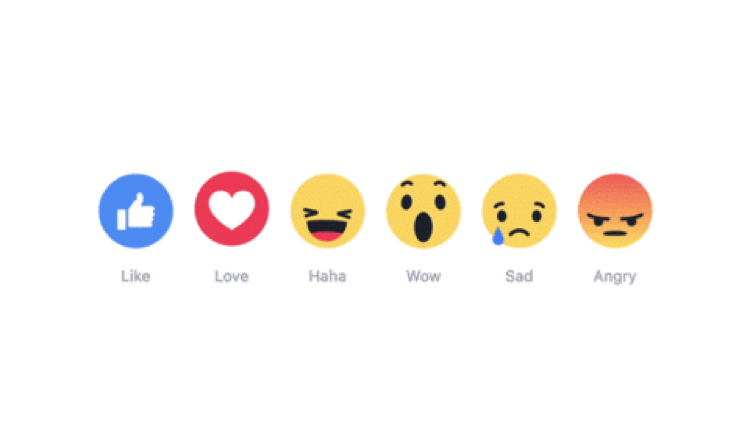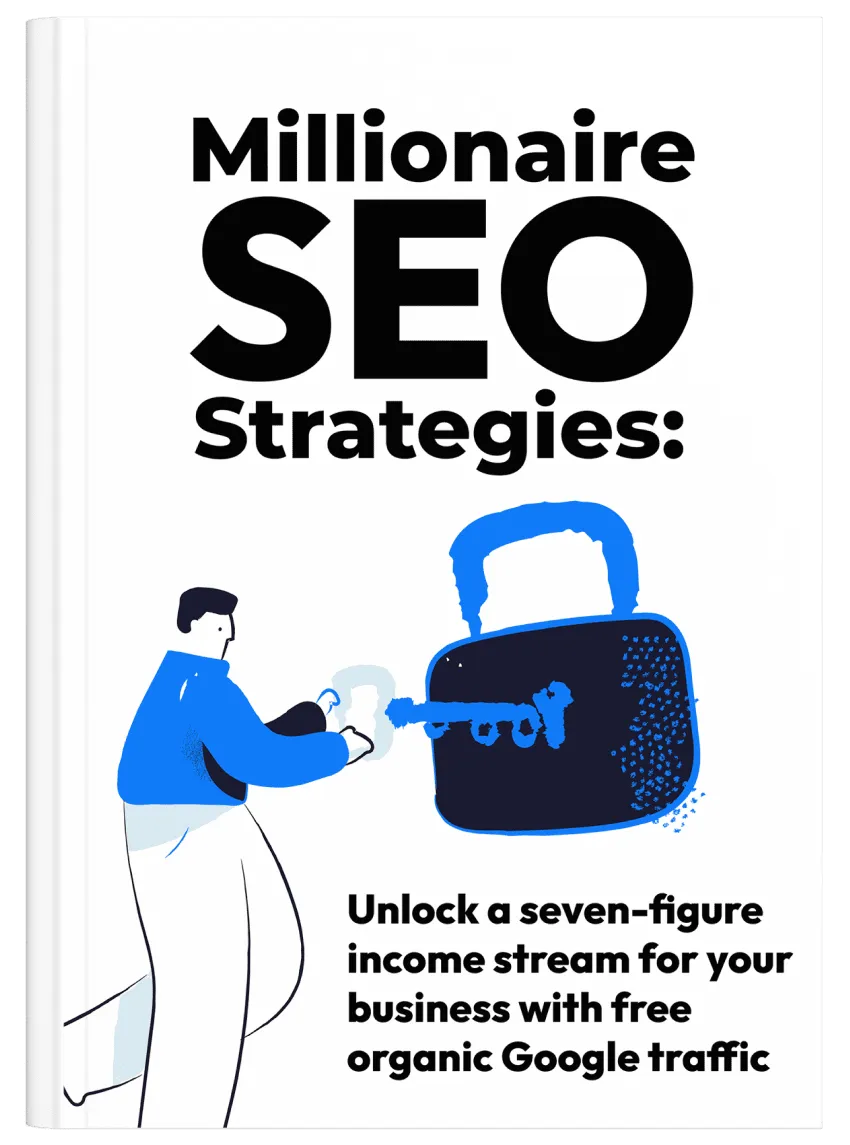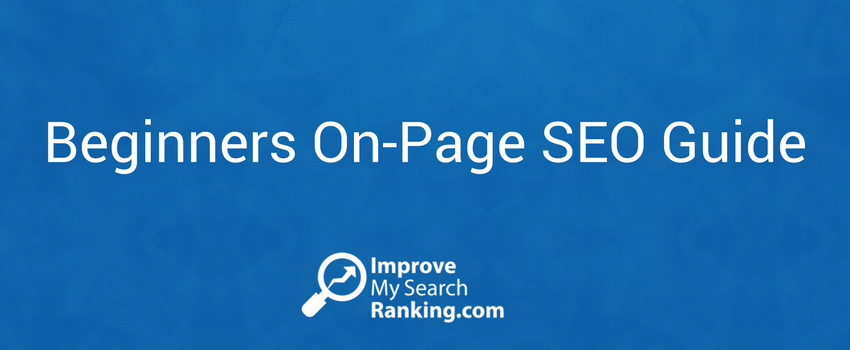
Facebook’s New Mega Like Button (And What It May Mean for Businesses)
There has been speculations over the past few years that Facebook was going to revamp its like button. It all started because of the constant requests of a ‘dislike’ button.
Mark Zuckerberg clearly stated that they wouldn’t want to adopt a ‘dislike’ button because it may stem negative feelings — which isn’t something Facebook wants its platform associated with.
So, they started testing.
And now, after months and months of testing, they have finally released Facebook Reactions.
It is not entirely a new feature, as it is basically built on the existing premise of the Facebook ‘like’ button. But it is going to be a completely different way to express your emotions now on Facebook with so many different options.
Here, take a look.
As you can see, you now have more than just the ‘like’ option. In fact, you have six different emotions that you can use to express what you feel about a certain update:
- Like
- Love
- Haha
- Wow
- Sad
- Angry
It seems, without any doubt, a more well-rounded feature that allows users to express different emotions.
Earlier, people would only ‘like’ the post to show their support — even for tragic news, such as a natural calamity or a terrorist attack. A lot of Facebook users weren’t comfortable ‘liking’ such news to show their support, and it wasn’t a true reflection of their sentiments and emotions.
Now, they don’t have to, as they have 6 different emotions to express what they feel.
What It Means for Brands and Businesses
We can be sure for at least one thing.
It will change the way Facebook users interact with online brands and businesses. Let’s see a few ways this feature will affect the interaction:
- Now that Facebook users will be communicating with 6 different emotions, online brands, businesses, and marketers can have a better understanding how their audience feel about their content.
- For instance, if most of your users are using the ‘haha’ reaction, you can assume that they find your content amusing. With the previous model, you couldn’t gauge that.
- As there are more ways to convey your emotions and expressions, we suspect that online businesses will now experience fewer comments on their posts. The new Facebook Reactions feature will eliminate the need for basic comments, such as “LOVE IT!” or “Haha. That was funny!”.
- But lower comments won’t necessarily mean lower engagement with your audience.
- With so many different emotions, brands will be now able to understand their customer more profoundly.
- Last, but not the least, these new features may eventually play an important role in the Facebook newsfeed algorithm.
According to Richard Sim, Facebook’s director of monetization product marketing:
“Over time we do expect to have a better understanding of how these different Reactions impact what people may want to see in their newsfeed. So it’s very possible that ‘loves’ or ‘hahas’ may be treated differently. We are going to learn this as we’re going through testing.”
So, for now, let’s keep our fingers crossed and enjoy these new Facebook reactions. I can recall a lot of posts I wanted to be angry at! 😉









